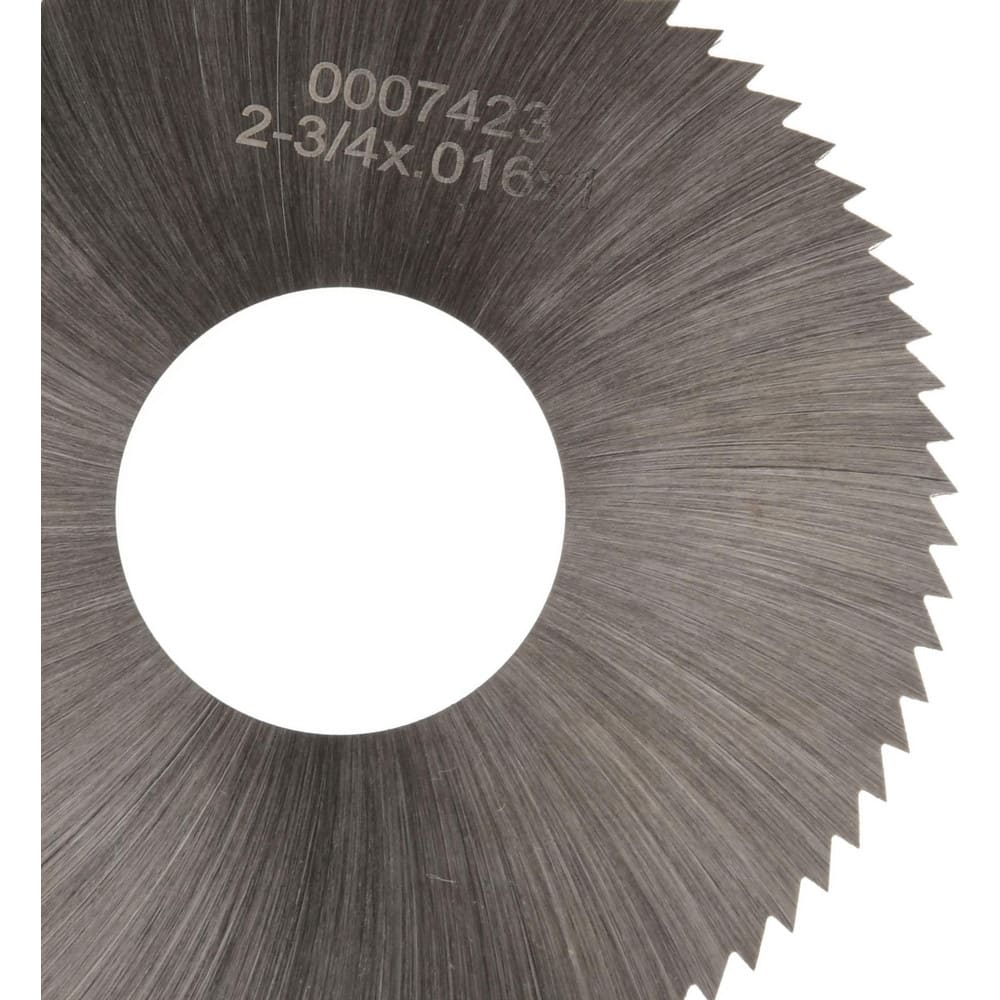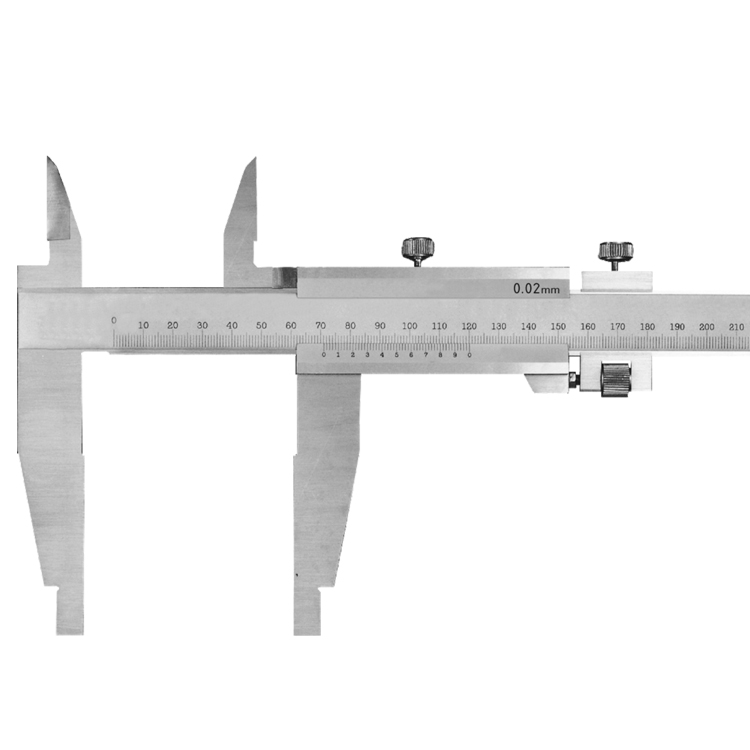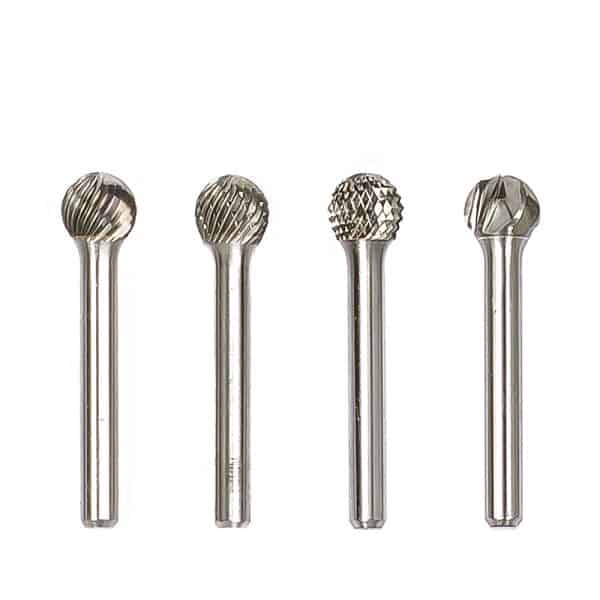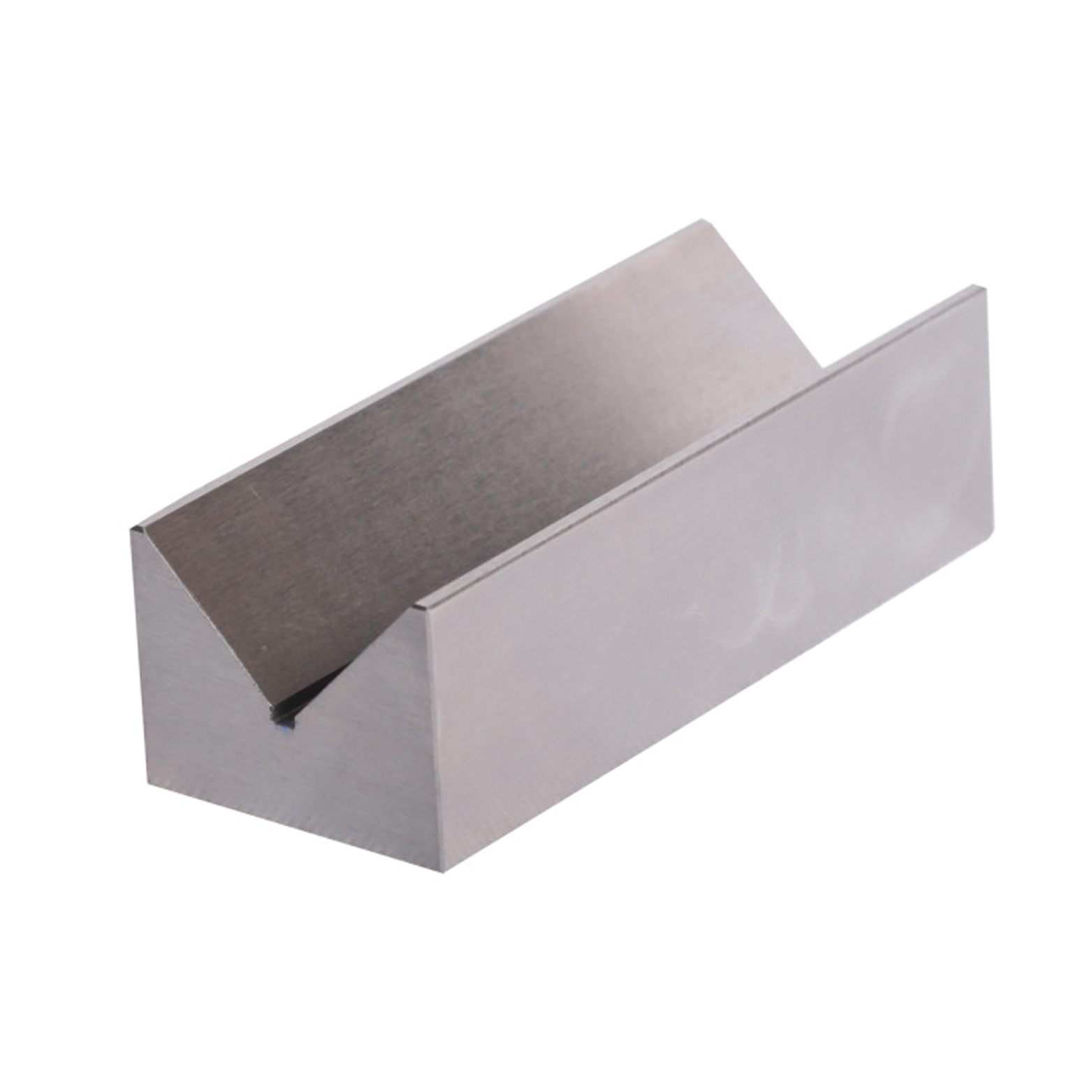end mill adapter Manufacturers
Choosing the right end mill adapter manufacturers is crucial for precision machining. This guide covers essential factors like material selection, adapter types, precision standards, and key manufacturers, helping you make informed decisions.
Understanding End Mill Adapters
An end mill adapter is a crucial component in machining, connecting the end mill to the machine tool's spindle. Its primary function is to securely hold and accurately position the end mill, ensuring precise and efficient cutting operations. Selecting the right adapter is paramount for achieving desired tolerances, surface finishes, and overall machining performance.
Why Choose the Right Adapter?
- Accuracy: Minimizes runout, leading to tighter tolerances.
- Stability: Reduces vibration, improving surface finish and tool life.
- Efficiency: Enables higher cutting speeds and feed rates.
- Versatility: Allows for using different shank sizes with the same machine.
Key Considerations When Selecting End Mill Adapter Manufacturers
When choosing end mill adapter manufacturers, consider these factors to ensure you get the best possible product for your needs.
Material Selection
The material of the adapter significantly impacts its performance and lifespan. Common materials include:
- Alloy Steel: Offers high strength and rigidity, suitable for heavy-duty applications.
- Carburized Steel: Provides a hard surface for wear resistance and a tough core for impact resistance.
- Stainless Steel: Offers excellent corrosion resistance, ideal for applications involving coolants or harsh environments.
Adapter Types
Various adapter types cater to different machining needs:
- Collet Chucks: Versatile and widely used, offering good concentricity and clamping force.
- Shrink-Fit Holders: Provide exceptional concentricity and balance, ideal for high-speed machining.
- Hydraulic Chucks: Offer vibration damping and high clamping force, suitable for roughing and finishing operations.
- ER Collet Chucks: A popular type of collet chuck known for its versatility and wide range of collet sizes.
Precision Standards
Look for end mill adapter manufacturers that adhere to recognized precision standards, such as:
- DIN Standards: German industry standards ensuring high quality and dimensional accuracy.
- ISO Standards: International standards promoting consistency and interchangeability.
- JIS Standards: Japanese industrial standards known for their stringent quality control.
Runout
Runout, the amount of wobble or deviation of the rotating tool, is a crucial factor in machining. Lower runout values lead to higher precision, improved surface finishes, and extended tool life. Aim for adapters with minimal runout, typically specified in microns (μm).
Top End Mill Adapter Manufacturers: A Closer Look
Here's a look at some of the leading end mill adapter manufacturers, known for their quality, precision, and innovation. Please note that availability and specific product offerings may vary.
WAYLEADTOOLS
WAYLEADTOOLS offers a range of high-precision tool holders, including collet chucks, shrink-fit holders, and hydraulic chucks. They are known for their commitment to quality and innovation, providing solutions for a wide range of machining applications. Visit www.wayleading.com to explore their extensive catalog.
Kennametal
Kennametal is a global leader in tooling solutions, offering a comprehensive range of end mill adapters designed for various machining applications. Their products are known for their durability, precision, and performance. Kennametal focuses on innovative solutions and customer support.
Sandvik Coromant
Sandvik Coromant is a renowned manufacturer of cutting tools and tooling systems. Their end mill adapters are engineered for high precision and stability, enabling efficient and accurate machining. They offer a wide variety of adapters and tooling for metal cutting applications.
BIG Kaiser
BIG Kaiser specializes in high-precision tooling and measuring systems. Their end mill adapters are known for their exceptional accuracy and rigidity, making them ideal for demanding machining operations. They offer solutions for industries like aerospace, automotive, and medical.
Selecting the Right End Mill Adapter: A Practical Guide
Choosing the right end mill adapter requires careful consideration of your specific machining needs. Here’s a step-by-step guide:
- Identify your machining requirements: Determine the materials you'll be machining, the required tolerances, and the desired surface finish.
- Choose the appropriate adapter type: Select an adapter type that matches your needs, considering factors like clamping force, concentricity, and vibration damping.
- Consider the machine tool: Ensure the adapter is compatible with your machine tool's spindle.
- Evaluate the manufacturer's reputation: Research the manufacturer's experience, quality control processes, and customer support.
- Check the specifications: Review the adapter's specifications, including runout, clamping range, and material.
Table: Comparing Common End Mill Adapter Types
| Adapter Type | Advantages | Disadvantages | Typical Applications |
|---|---|---|---|
| Collet Chucks | Versatile, widely available, good clamping force | Concentricity not as high as shrink-fit | General machining, milling, drilling |
| Shrink-Fit Holders | Exceptional concentricity, high balance | Requires specialized heating equipment | High-speed machining, finishing operations |
| Hydraulic Chucks | Vibration damping, high clamping force | More expensive than collet chucks | Roughing, finishing, operations requiring vibration damping |
Maintenance and Care for End Mill Adapters
Proper maintenance and care are essential for extending the lifespan of your end mill adapters.
- Cleaning: Regularly clean adapters to remove chips, coolant, and other debris.
- Inspection: Inspect adapters for signs of wear or damage, such as cracks, corrosion, or deformation.
- Lubrication: Lubricate adapters as recommended by the manufacturer to prevent corrosion and ensure smooth operation.
- Storage: Store adapters in a clean, dry environment to prevent corrosion and damage.
Conclusion
Selecting the right end mill adapter manufacturers and choosing the appropriate adapter is crucial for achieving optimal machining performance. By considering factors like material selection, adapter types, precision standards, and maintenance practices, you can ensure that your machining operations are efficient, accurate, and reliable.
Related products
Related products
Best selling products
Best selling products-
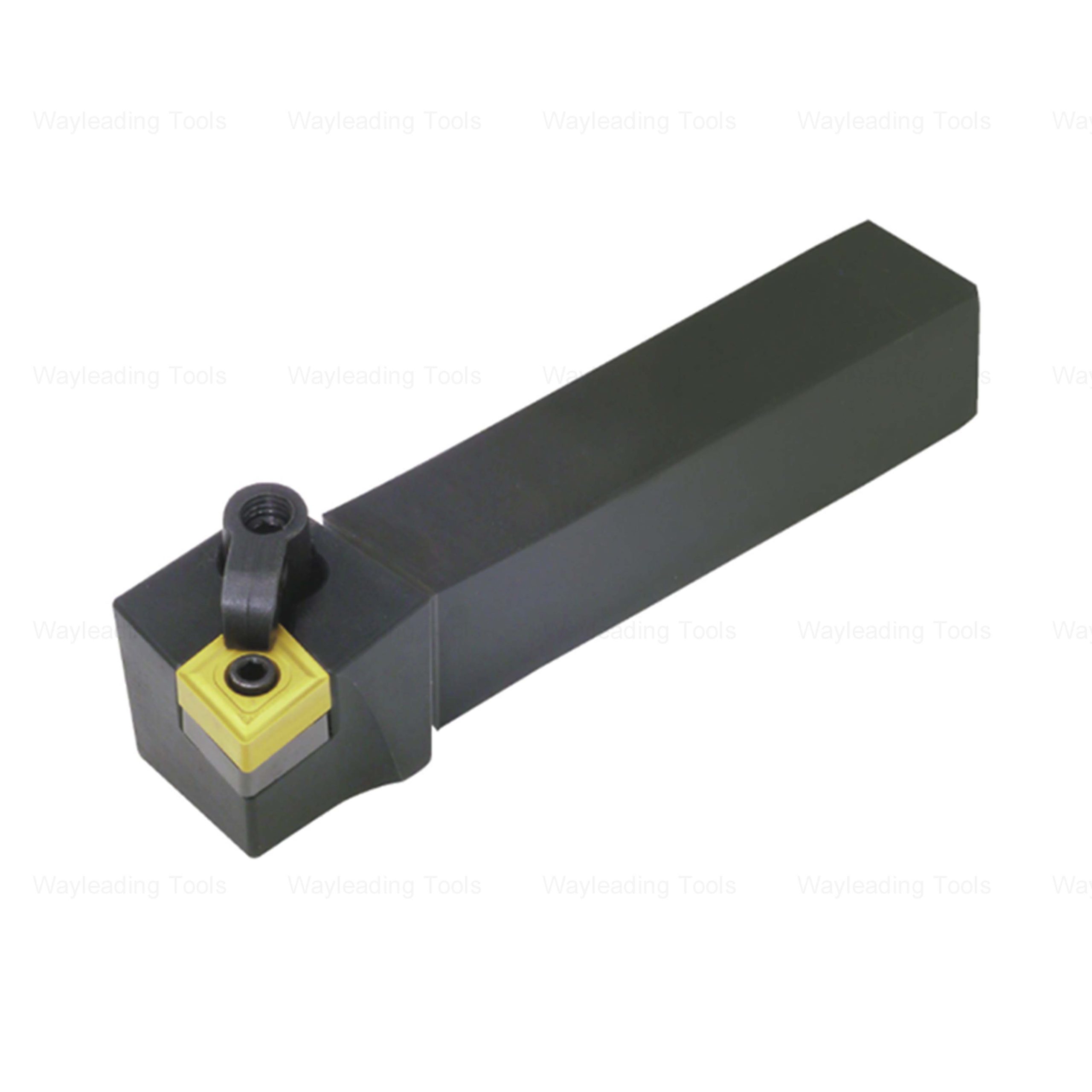 MCLN Indexable Turning Tool Holder – Right- and Left-Hand Types
MCLN Indexable Turning Tool Holder – Right- and Left-Hand Types -
 Deburring Tool Blades Using For Deburring
Deburring Tool Blades Using For Deburring -
 TCT Annular Cutters With Weldon Shank For Metal Cutting
TCT Annular Cutters With Weldon Shank For Metal Cutting -
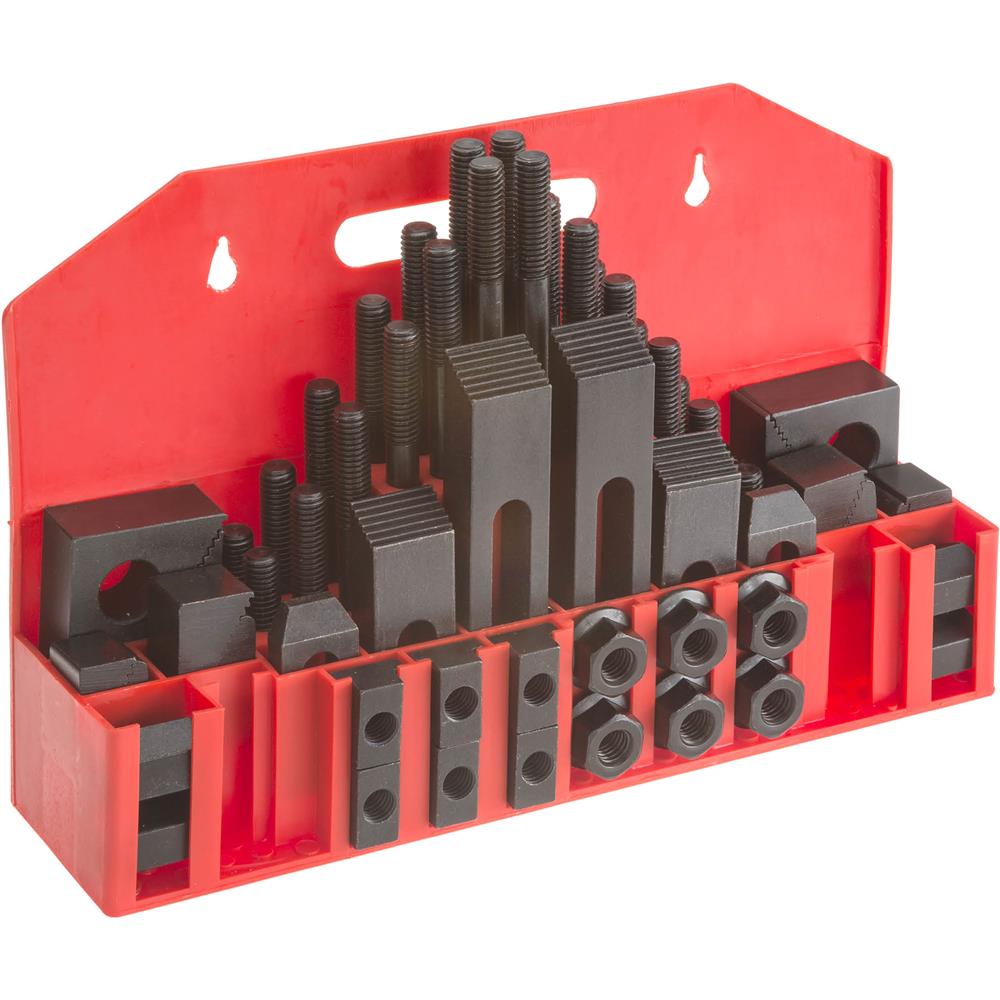 58pcs Clamping Kit With Metric & Inch Size
58pcs Clamping Kit With Metric & Inch Size -
 Precision V Block Set With High Quality Type
Precision V Block Set With High Quality Type -
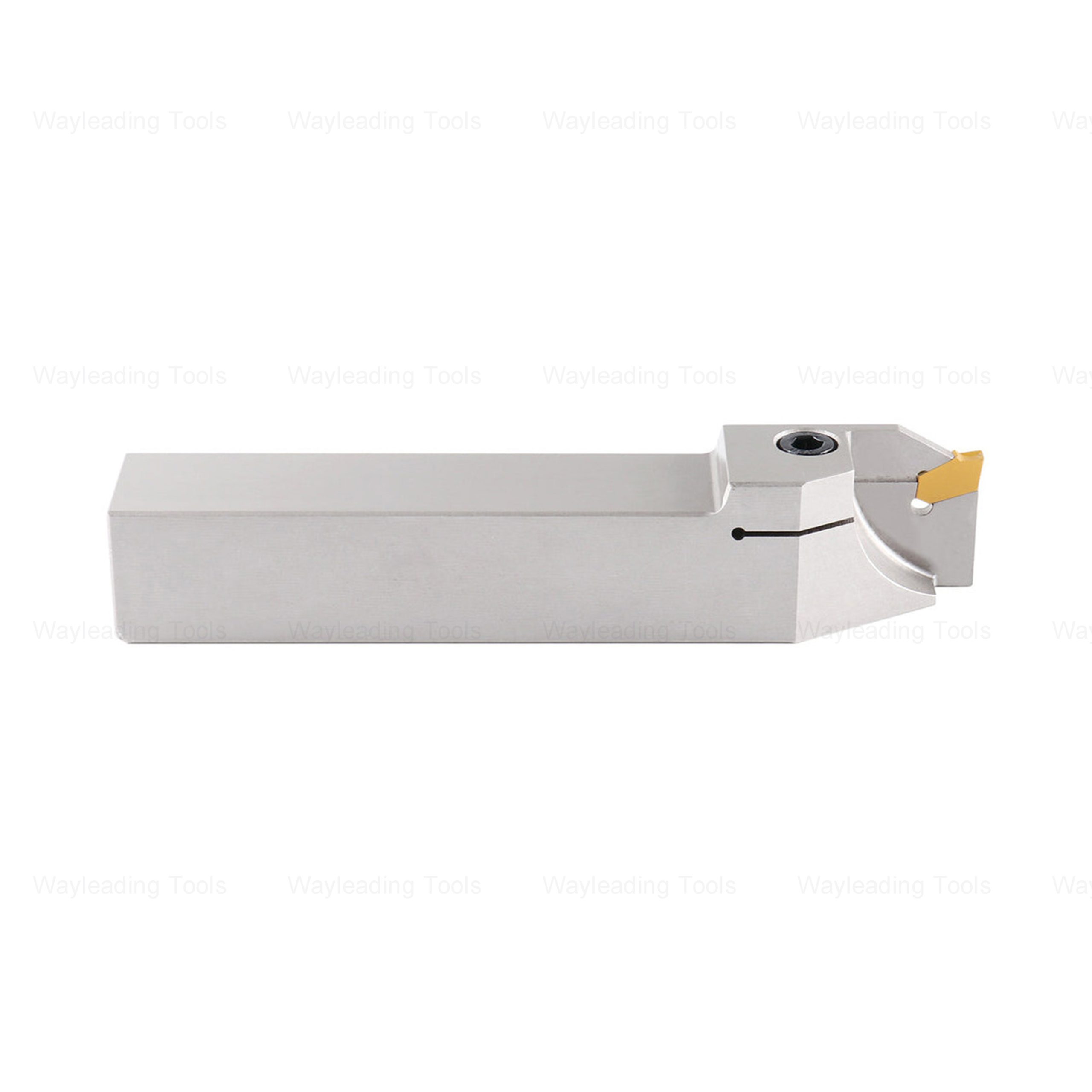 QA Grooving & Cut-Off Tool Holder – Right- and Left-Hand Types
QA Grooving & Cut-Off Tool Holder – Right- and Left-Hand Types -
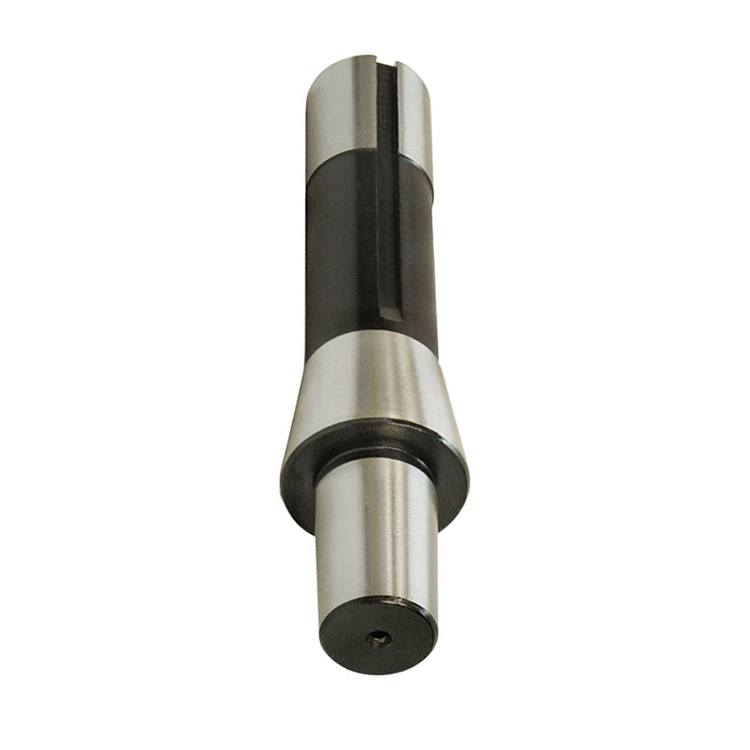 R8 Drill Chuck Arbor For Milling Machine
R8 Drill Chuck Arbor For Milling Machine -
 Metric HSS Step Drills With Straight Flute
Metric HSS Step Drills With Straight Flute -
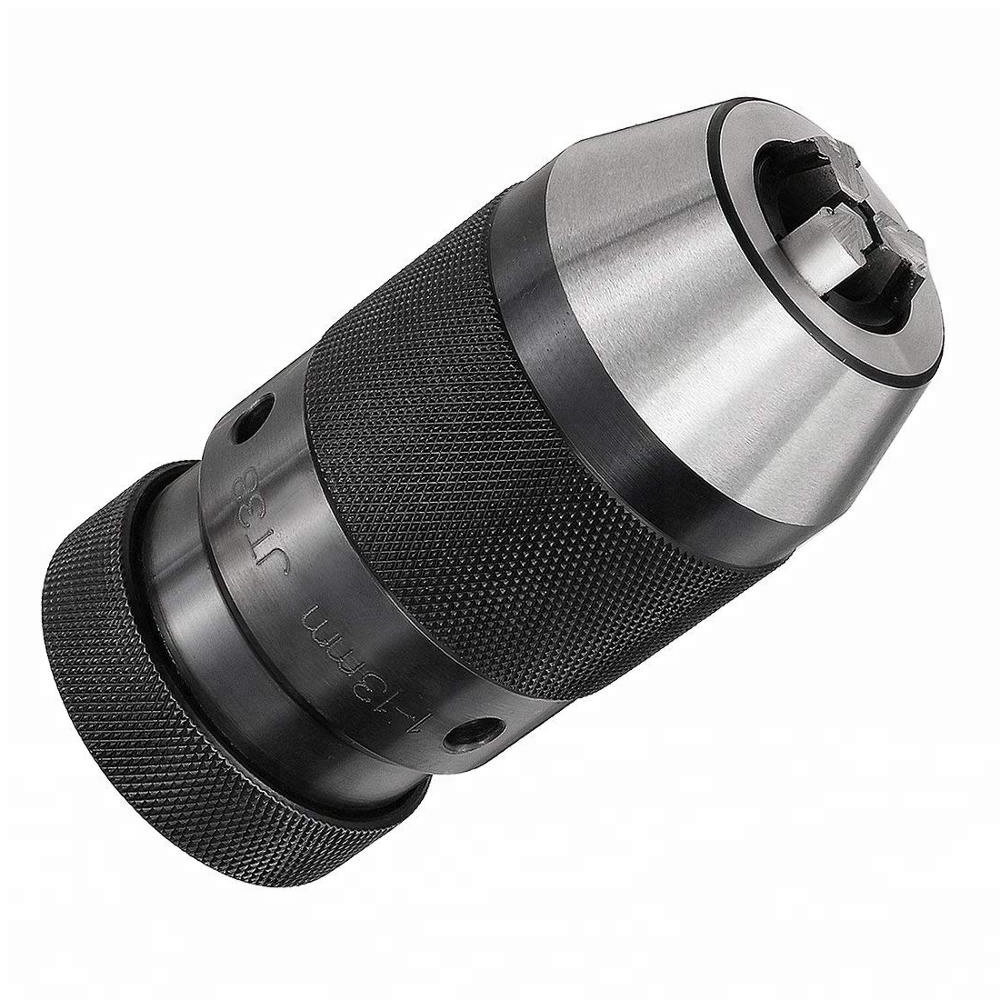 Keyless Drill Chuck With Heavy Duty Type
Keyless Drill Chuck With Heavy Duty Type -
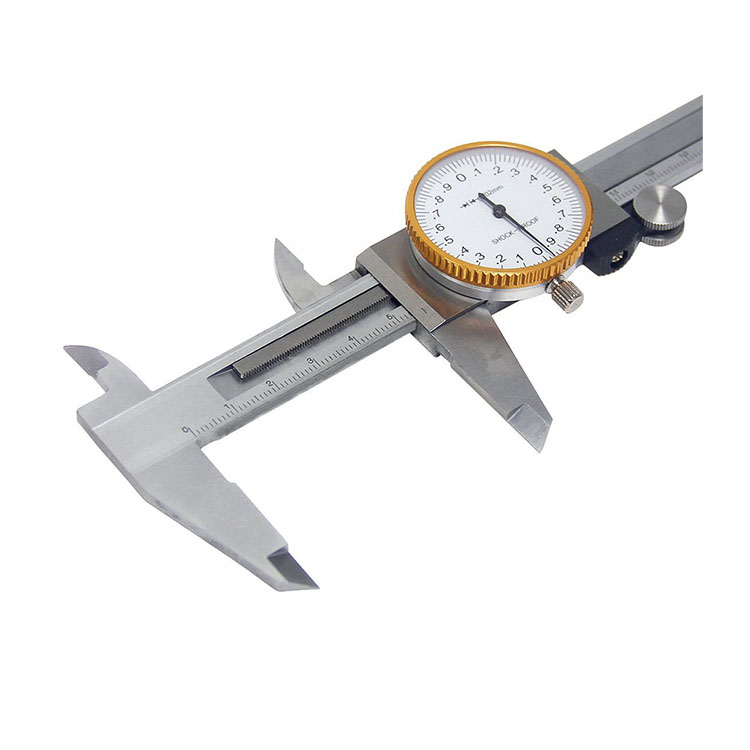 Precision Dial Caliper Of Metric & Imperial For Industrial
Precision Dial Caliper Of Metric & Imperial For Industrial -
 HSS Metric 4 Flute End Mills With Bright Or TiN And TiAlN Coated
HSS Metric 4 Flute End Mills With Bright Or TiN And TiAlN Coated -
 Precision V Block And Clamps Set With Heavy Duty
Precision V Block And Clamps Set With Heavy Duty
Related search
Related search- SVJC turning tool holder Manufacturer
- Wholesale STFC boring bar
- Wholesale external parting and grooving toolholders
- High-Quality 2pcs grooving tool sets
- cnc cutters Manufacturer
- Wholesale bore gage setting ring
- mini lathe quick change tool post Supplier
- Wholesale Threading Insert
- sn indexable thread turning tool Supplier
- 5c collet stop Supplier

